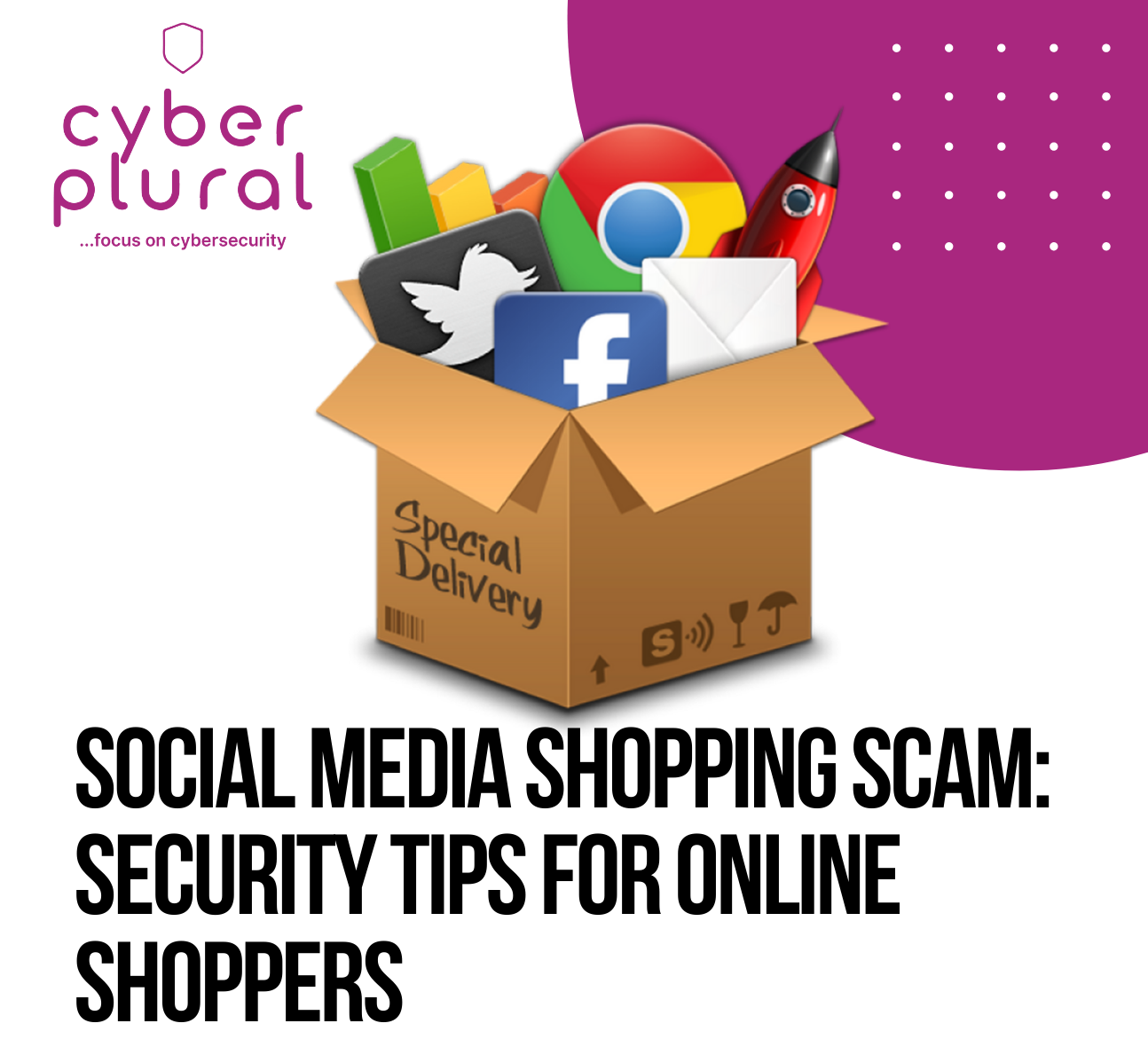Social Media Shopping Scams: Security Tips For Online Shoppers.

Social media has transformed the way consumers seek information, communicate with one another and interact with businesses. According to Statista, in Nigeria alone; there are approximately a 43million social media users in 2021 and this statistic is expected to grow to about 103 million by 2026. The wide acceptability of social media emphasizes the need for businesses to leverage popular social media platforms to maintain a competitive pace.
The ease of setting up a social media-based business, the opportunity to reach a wider audience and propagate content through likes and shares have led to an exponential growth of online sellers. While many online sellers are legitimate, scammers use the anonymous nature of the platforms to rip off unsuspecting shoppers. Amongst the many social media platforms, Instagram seems to be the trendiest platform for shoppers and sellers alike, when it comes to fast-moving consumer goods like fashion and lifestyle items. Hence, our reviews are mostly focused on Instagram but are well applicable to other social media platforms.
Warning signs
As the saying goes; It’s only a scam if you fall for it. Consumers fall for online shopping scams mostly because they miss the obvious indicators, knowing the telltales to look out for is the first step to safety. Some of these signs are:
- A product; in some instances known luxury brands being advertised at an unbelievably low price or promise of bonus items.
- Products advertised as having incredible benefits that are just implausible. As the saying goes, if it is too good to be true then it probably is.
- The seller requests for upfront payment or part-payment, insisting you pay immediately or lose a purchase opportunity.
- The profile page of the business has limited information on delivery, return and refund policies.
- The Seller seems to have changed profile name multiple times and has most of the comments on their posts disabled.
- The profile page seems very new with images of products in the profile page added within the same time frame.
- The online retailer does not provide adequate contact details, location, terms and conditions of use and dispute resolution protocol.
- The Seller is not willing to meet in person even though they claim to be in the same Geo-location as you.
- The seller is unwilling to answer simple questions about the product or the delivery process.
- The posts on the page has no picture of the seller or images of the products taken in a natural background.
Being Proactive
While there are no 100% foolproof guidelines on how to ascertain the authenticity of social media vendors, vendors exhibiting one or many of the aforementioned warning signs are a red flag and should be an indicator to rethink purchasing from them. Below are some best practices that can help minimize the tendency of falling victim to fake vendors:
- Staying safe requires being vigilant. Before purchasing from a vendor, you can verify how long they have been selling through that account and the time frame between the various posts on the page as most scammers create profiles and flood them with convincing images within a short interval of time.
- Legitimate vendors have real interactions with customers on their page. Hence, check reviews on the comment section of the various posts on the page, if comments are disabled that is a sign to disengage.
- Most legitimate vendors re-post real customer feedbacks and testimonials with the customers tagged to the posts.
- The mode of payment of items is important. Real vendors have business bank accounts that are traceable and leads back to the business. Also, most legitimate businesses will offer you the option of paying for items on delivery.
- Real vendors are willing to answer questions and give more information about the products they are selling, you can ask the vendor to send photos or videos of the products in a natural background or of them holding the products.
- Check to see that images posted by the vendors are their original photos and not stolen photos from other pages. A credible vendor most of the time, posts original photos and videos of their products.
- Most of the time, it is safer to buy from vendors who have physical stores or addresses that are traceable or one can visit if need be.
While it may seem considerably difficult to detect fake sellers on social media, a simple search using the vendor’s profile name is all it may take to ascertain their credibility.
Have you been scammed?
If you have been scammed by a social media vendor there is still some possibility of recovering your money back. Typically, we would recommend you report the incident to your local consumer protection agency; however, if the payment was made into a Nigerian bank account here are steps you can take to recover your money.
- Take a screenshot of your chat with the vendor, whether it is in their direct Message or on another messaging app.
- Take a screenshot of the payment receipt showing the vendors name, account details and the amount you paid. If you made payment using USSD, check your transaction history and copy out the “Transaction ID Number” of that transaction.
- Every bank has an e-fraud team, check the websites of your bank and the vendor’s for the email of their e-fraud team, send them an email with the proof of the transactions. Also, forward a copy of the mail to CBN Fraud desk. This will incite the banks to act on the issue and also to flag the account.
- If you do not have an email account, you can visit your bank or the scanner’s bank to file a complaint with customer service. Your bank will give you directives on how to recover your money.
- Finally, report the issue to the police, then speak with a lawyer to file a court order. With the court order, the bank will release the scammer’s information to the police to help them track them and recover your money.
Generally, upon being scammed you should report the vendor’s page as a scam, also spread the word among family and friends to protect them from falling victim to the scammer. For every fake vendor we take out from social media, you save someone from getting duped.
Final Words
Social media platforms serve variants of purposes and offer consumers a more convenient way to shop and have direct interaction with businesses. While enjoying all the benefits, consumers need to take precautionary steps and #BeProactive.
By Chioma Andeh

One Comment
I have fallen victims to one of these online vendors that create platforms on Facebook I have proof of chat and receipt payments